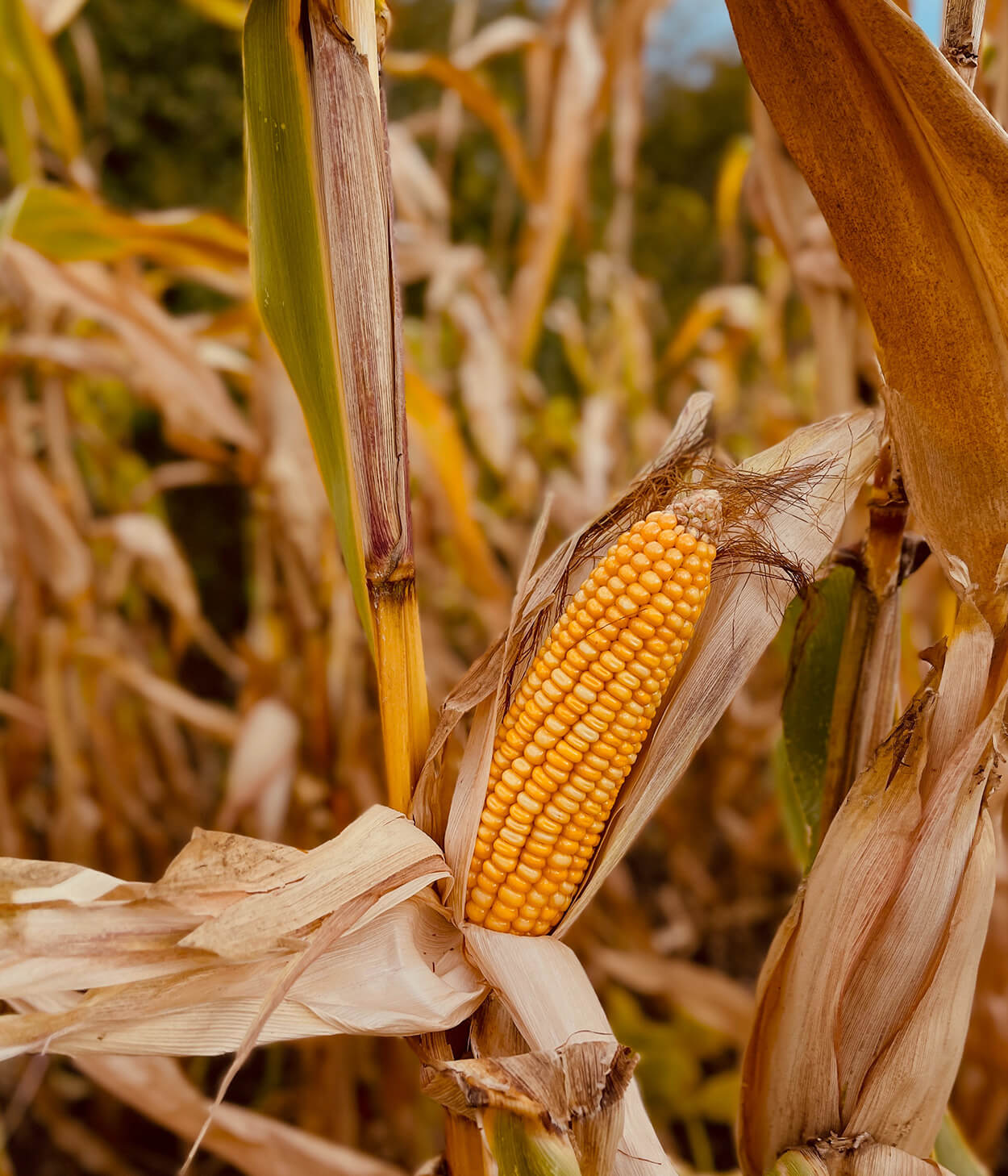Corn is an important crop that has been cultivated for many years. Originating in the Americas, this plant has spread all over the world over time. It was brought to Istanbul in the 1600s as “Egyptian wheat” or “Egyptian millet”. Corn, which spread to Europe through the Ottoman Empire, was referred to as “Turkish wheat” in many European languages.
Since the Corn plant has the ability to grow in temperate and tropical climates, it can be cultivated in almost all countries of the world. However, the yield obtained varies depending on the conditions of the country and the corn variety grown. In some countries, yields of around 50-60 kg per decare can be obtained, while in others 1 ton or more per decare can be obtained.
Corn grains are very rich in nutrients. They contain the highest amount of crude oil after wheat. Corn kernels are rich in starch, unsaturated fatty acids, vitamin A and sterols. In addition, Corn tassel contains health-promoting compounds, including glucose, maltose, sterols, resin, potassium salts and essential oil. Corn oil is used as a vegetable cooking oil, while corn kernels play a nutritious role in the production of animal feed. Flour is also produced from these grains.

